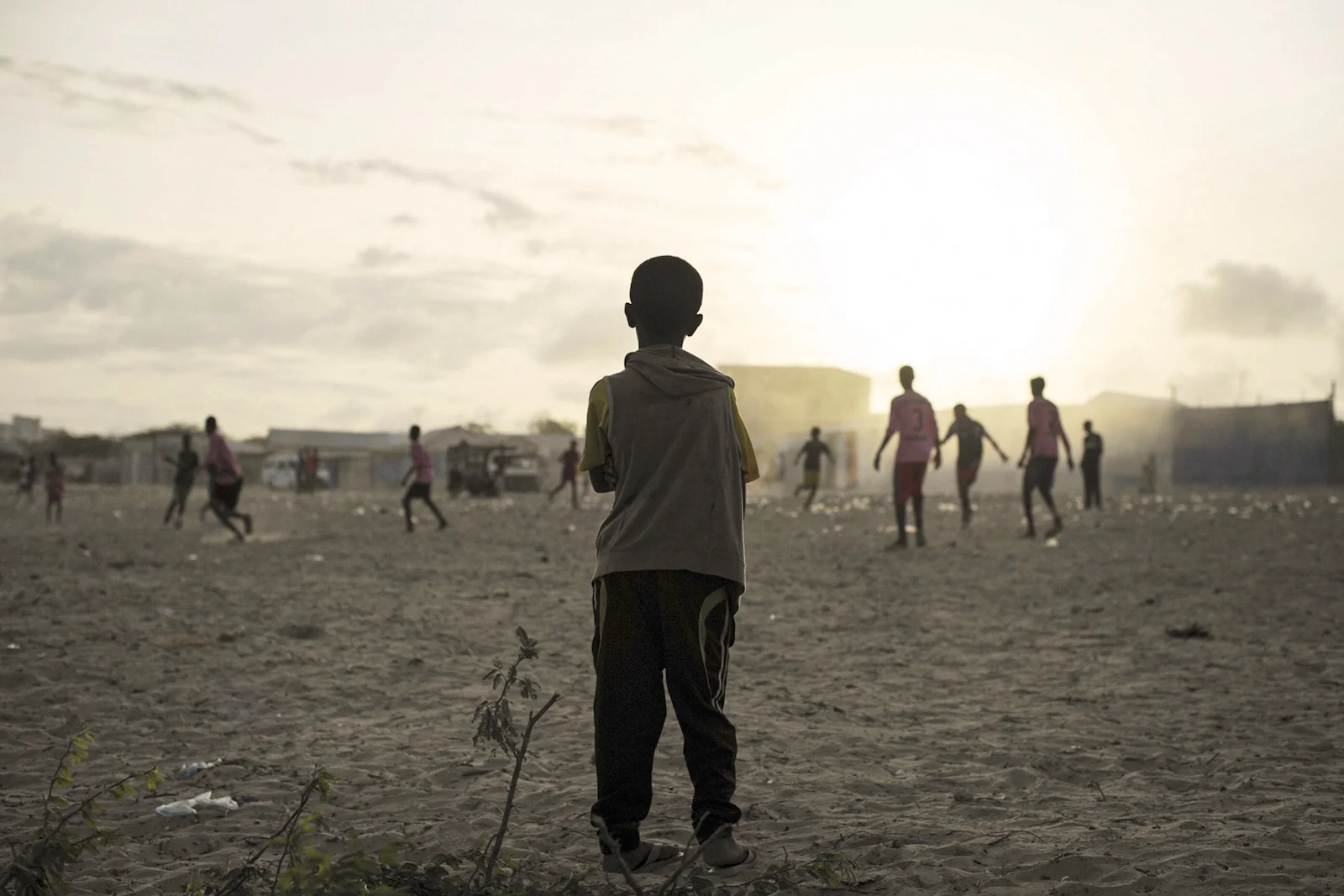
How to Rebuild Somalia, a Nation Perpetually Adrift
To many Americans, Somalia is a distant place—often recalled in headlines about piracy, famine, or Black Hawk Down. But behind the clichés is a nation whose sovereignty is eroding in plain sight. Somalia today stands at a crossroads, beset by failures both imposed and internal. It is losing control of its airspace, its land, its borders, and, most critically, its destiny.
Imagine if America’s coastal waters—rich with marine life—were routinely pillaged by foreign fleets. Now imagine if those same foreign actors dumped their industrial waste into those waters without consequence. This is Somalia’s reality. Its maritime zone, a vital source of food and income, is exploited by powerful countries, while the nation is left to endure ecological ruin and economic exclusion.
On land, the picture is no better. Foreign troops—some from as far away as Burundi—patrol Somali territory under the banner of peacekeeping. Funded by billions in foreign aid, these deployments have not delivered peace. Instead, they’ve become fixtures of a broken status quo: an international intervention that promises stability but delivers paralysis.
Yet, amidst this dysfunction, Somali soldiers—often unpaid, underfed, and undersupplied—continue to serve with quiet courage. They defend their communities with a sense of duty that puts to shame the cynical indifference of those in power. Their resources, however, are routinely siphoned off by a corrupt elite and foreign middlemen, weakening both morale and national defense.
For decades, foreign powers—often with good intentions—have meddled in Somalia’s internal affairs. But instead of fostering unity, these efforts have entrenched division. They’ve fueled regional and clan rivalries that prevent national cohesion. The result? A once-proud people are now fragmented, impoverished, and forced to rely on outsiders for basic governance.
And things may yet get worse.
Over 80 percent of Somali children do not attend school. If action is not taken now, an entire generation will grow up without education, skills, or hope. The implications are devastating—not just for Somalia but for global stability. Uneducated youth in a fractured nation is a blueprint for enduring crisis.
Somalia’s fragmentation is no accident. Regionalism and clan politics—deliberately exacerbated by external powers—have created a patchwork of fiefdoms. A Somali citizen’s ability to live, work, or travel freely within their own country is increasingly restricted by ethnic and territorial lines. The chaos deepens, and national identity frays.
The current system of governance—largely shaped and sustained by foreign interests, including countries Somalis consider hostile—has failed. It provides no education, no healthcare, no justice, no real security, and no leadership worthy of the name. If this continues, Somalia won’t just be a failed state. It will be a memory.
This is why we are calling for a Somali awakening—a collective reckoning with what has been lost and what must be rebuilt. Yes, others have failed us. But the future must not be dictated by the mistakes of the past. It is time to reject a system that serves no one but those who benefit from our suffering.
We propose a three-year pause in the current political structure and its replacement with a Somali Technocratic Council (STC). This is not a political power grab—it is an emergency intervention. The STC would be tasked with rebuilding national security, facilitating real reconciliation among the Somali people, drafting a new constitution, building a self-sufficient economy, and organizing free and fair elections based on merit, not clan.
This is how peace is restored. This is how sovereignty is reclaimed. This is how a new future can be imagined—not just for Somalia but for a region that desperately needs a functioning Somali state. It must be Somali-led. It must be Somali-owned.
To succeed, this initiative will need funding—for security reform, infrastructure development, public service restoration, and institutional rebuilding. A contingency reserve must also be created. We are confident that this can be achieved without becoming dependent on international donors. Conversations with potential backers—including the United States, the United Nations, the African Union, the European Union, and others—are already underway.
Americans should care. Somalia’s failure is not isolated. It impacts regional security, fuels migration crises, and creates vacuums that extremist groups exploit. But more than that, Americans—who pride themselves on self-determination—should recognize a kindred spirit in Somalia’s struggle. The desire to chart one’s own path, free from domination and dysfunction, is universal.
For decades, Somalia has been a pawn on a foreign chessboard. The systems imposed on it have failed—both the people they were meant to serve and the architects who built them. The Somali Technocratic Council offers a third way. A three-year project. A national recovery effort. A vision to build a Federal Republic of Somalia that contributes to the region, to Africa, and to the world.
It is not too late. But time is running out.
